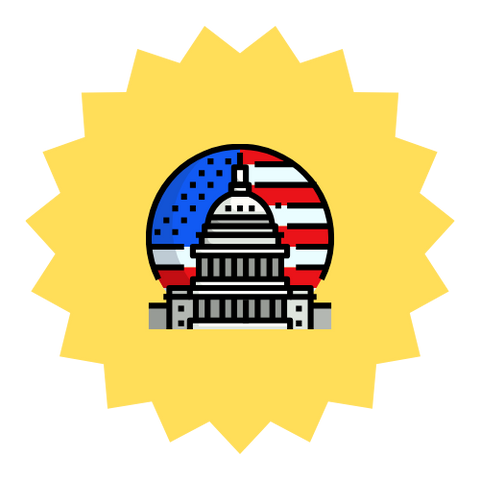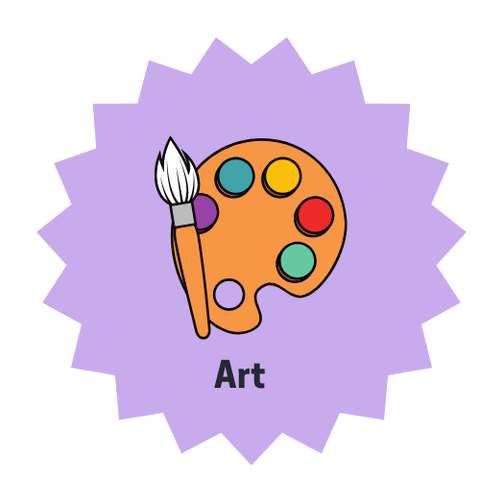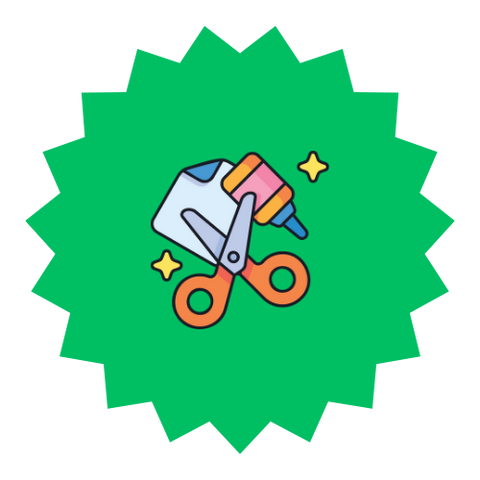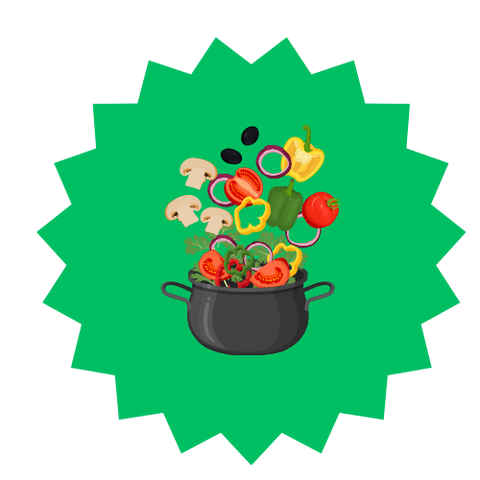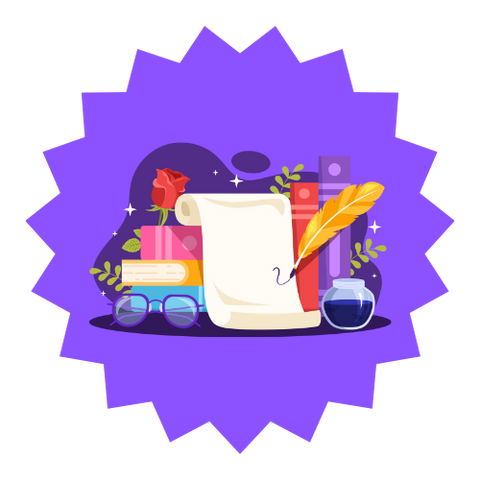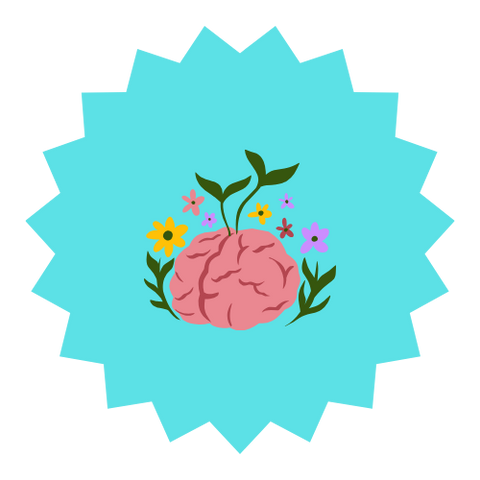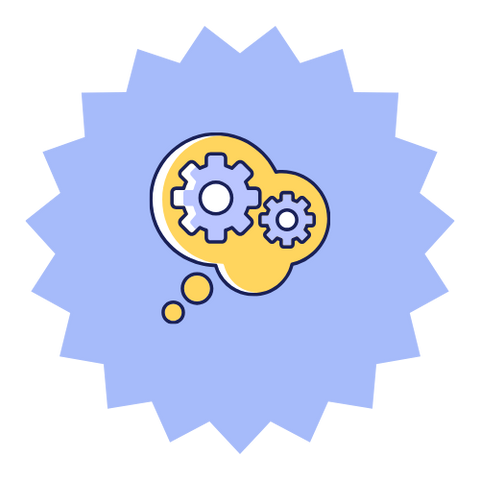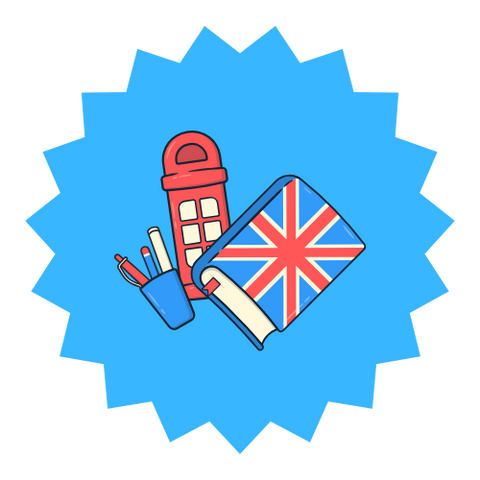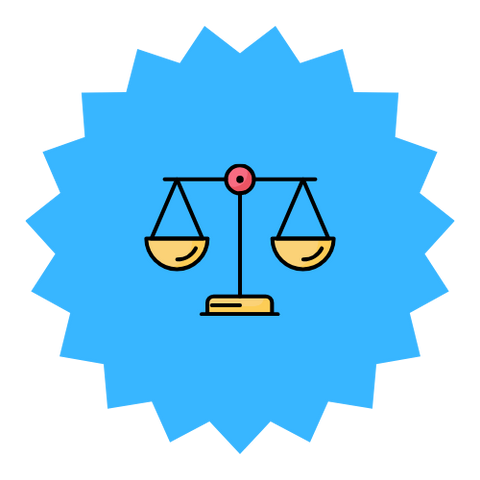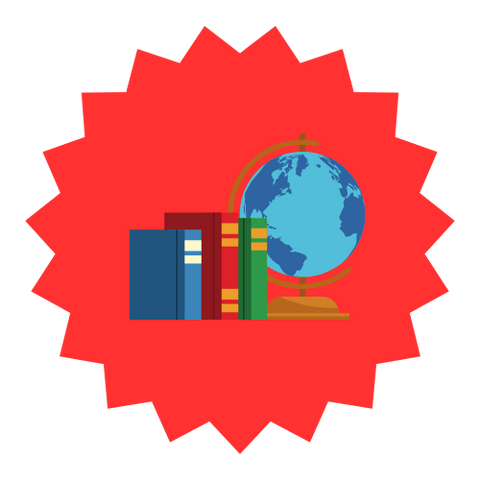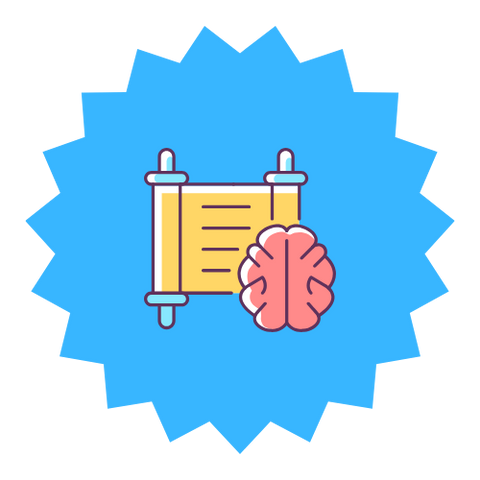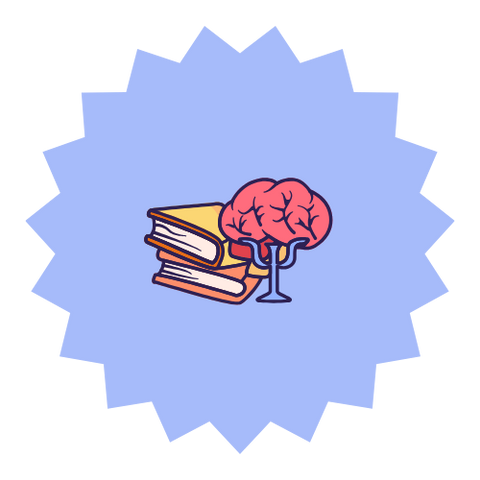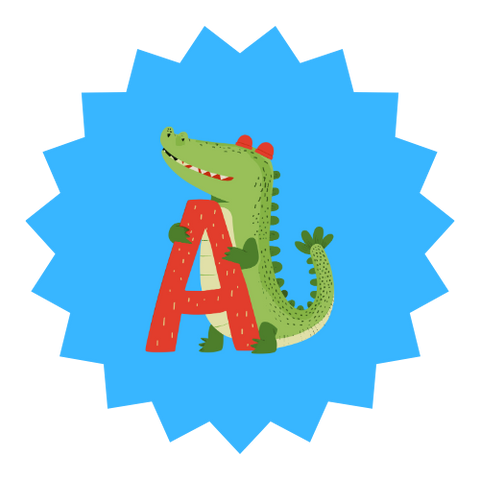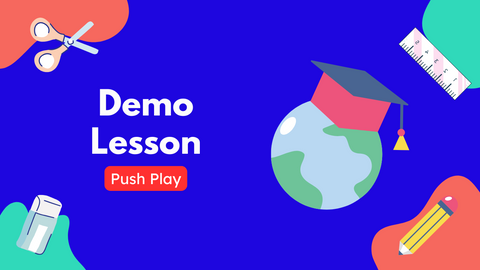Tanica
Tanica is a warm and hands-on tutor with a B.A. in Psychology and minors in Philosophy and Criminology. She has experience as an assistant teacher, tutor, and youth mentor, and comes from a large family where education was central to daily life. Her lessons connect academic content to real-world applications, helping students see relevance and meaning in what they learn. Tanica supports learners with dyslexia, dysgraphia, and giftedness, emphasizing critical thinking and creative engagement. When not teaching, she enjoys reading, reflecting, and embracing her favorite symbol—the butterfly—as a reminder of growth and transformation.
Monday 9am- 3pm and 3- 9 Eastern standard Time
Tuesday 9am- 3pm and 3- 9 Eastern standard Time
Wednesday 9am- 3pm and 3- 9 Eastern standard Time
Thursday Monday 9am- 3pm and 3- 9 Eastern standard Time
Friday 9am- 3pm and 3- 6 Eastern standard Time
Saturday 10 am- 2pm and 2:30- 7 pm Eastern standard Time
Sunday- unavailable
I would say that I am a very hands on individual. Thus, for me it’s not about just teaching them the content but also getting to know my students in a way where I can make the content relate to their everyday life. The content is the easy part the application is what most individuals struggle with.
I have a bachelors degree in psychology with a minor in philosophy and criminology.
I came from a large family and thus I have a lot of younger siblings. Thus education was not joked about in my household seeing that as older siblings it was our responsibility to help the younger ones. Furthermore, I have tutored neighbors, worked as an assistant teacher for a summer program and worked with kids at an amusement park.
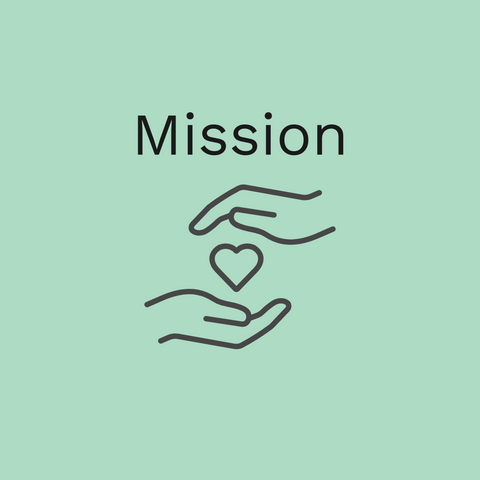
My mission
My love of children and knowledge. I want to see kids grow and be the best version of themselves.
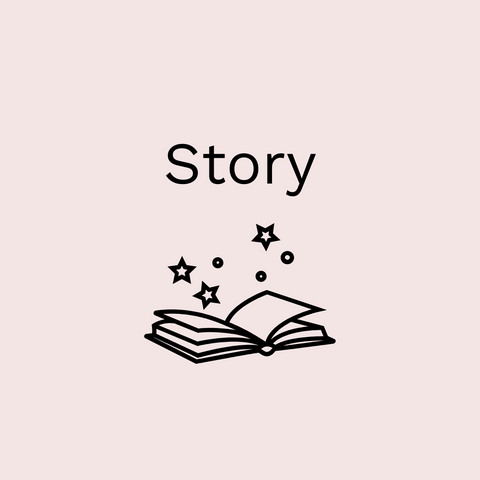
My Story
I am Tanica Campbell, a 22-year-old Jamaican woman with big dreams, a deep love for people, and a burning desire to make a difference. I’m the big sister of four younger brothers, and every single day, I try to show them that tertiary education isn’t just important but also powerful. I want them to see that it’s possible to come from humble beginnings and still build something great. I chose psychology not because it was trendy or popular. In fact, in both Jamaica and even here in college, I’ve heard people talk down on it. “Psychology? That nuh serious.” “That degree cya do nutten.” But I always go back to that line from a popular Jamaican song: “Do it fi the love, me nuh do it fi the hype.” I’ve never been about hype. I’m in this because I love it. Psychology is more than a subject for me it is my calling. I didn’t choose it; it chose me. Growing up, my parents worked overseas to provide for us, and my aunt stepped in to raise me and my siblings while also working full-time. She did an amazing job, and I’m forever grateful. But during those years, I realized something while our physical needs were being met, our mental and emotional needs were often pushed to the side. It wasn’t anyone’s fault really; mental health just wasn’t something people talked about, even though it affected us every day. That silence is what made me want to understand the mind, behavior and how our experiences shape us. The World Health Organization includes mental health in its definition of overall health but in many societies including my own its still overlooked. I want to be part of the change that brings mental health to the front of the conversation, especially in communities like mine where people are suffering in silence. I was not always good at school in fact in my earlier years I did not give it much time and effort. Thus I want to remind students that time is precious and every second counts.
Cognitive Diversity
How I adapt to students with diverse intellectual needs.Zone in on their strengths and let them go at their own pace. My younger brother for example is a bit of a slow learner and struggles a bit with the classroom approach to learning. However, he is very good at building things from scratch and fixing stuff around the home. Therefore whilst teaching him I incorporated the content into building scenarios and used a more hands on approach. For gifted children however it’s a bit different they are normally well advanced the basic curriculum and so they may not be a fun of relearning certain topics. Thus, it’s important to give them things that challenge them, critical thinking activities gets their brains going.
For kids with adhd it is important to limit screen time and use a more hands on approach.


